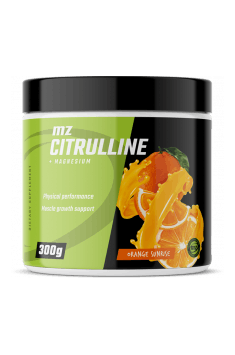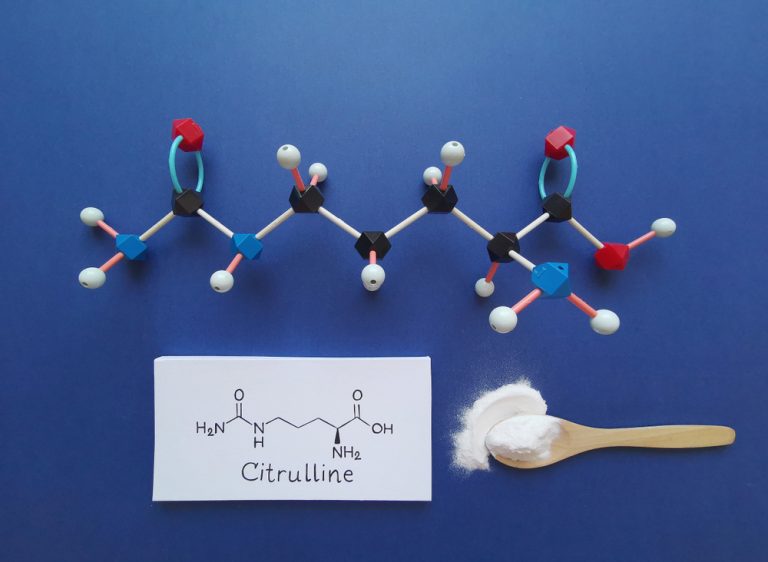The transition to a reduction diet (a diet with caloric deficit) is a challenge for muscles in the context of maintaining its size. Therefore, during the slimming period, we use a whole range of anti-catabolic supplementation (preventing the breakdown of muscle tissue). On our shelves, we will find branched-chain BCAA amino acids, EAA amino acids, creatine or glutamine, which are designed to protect our muscles. It turns out that it is worth adding l-citrulline to the anti-catabolic assortment, as researchers from Universite Paris Descartes noticed.
Research
French scientists used rodents in the experiment, which were subjected to a two-week diet. The caloric deficit was set at 40% of what they have eaten so far during the day.

The rats were divided into three groups
- Basal control - control group
- Control restricted - a group with reduced calories
- R-CIT 1 - group on caloric restriction receiving citrulline
Score
Rats that received a dose of 1 g l-citrulline per 1 kg body weight at bedtime retained more muscle mass, but the result was not statistically significant. Administration of a similar amount of leucine mixed with rat feed had less effect on muscle mass compared to the citrulline group (R-LEU group)
The results regarding the amount of contractile protein in muscle cells look slightly different. Lower caloric intake = lower content of accumulated muscle tissue, however, it seems that citrulline was better able to prevent the reduction of contractile protein compared to leucine, as shown in the graph below.
Researchers also tested the combination of L-leucine and L-citrulline (LEU-CIT). As it turned out, the addition of leucine reduced the positive effect of citrulline.
Conclusions
The use of leucine supplementation stimulates muscle growth. However, for this type of relationship to occur, scientists indicate that a positive caloric balance is needed. In the case of reducing diets, L-citrulline is more effective as an anti-catabolic substance.






